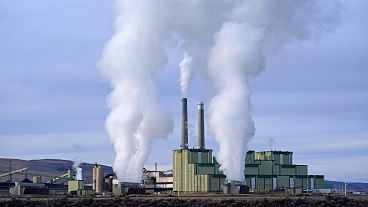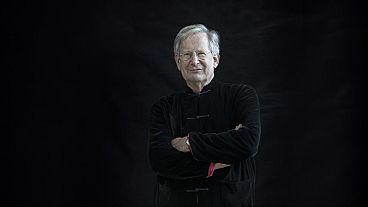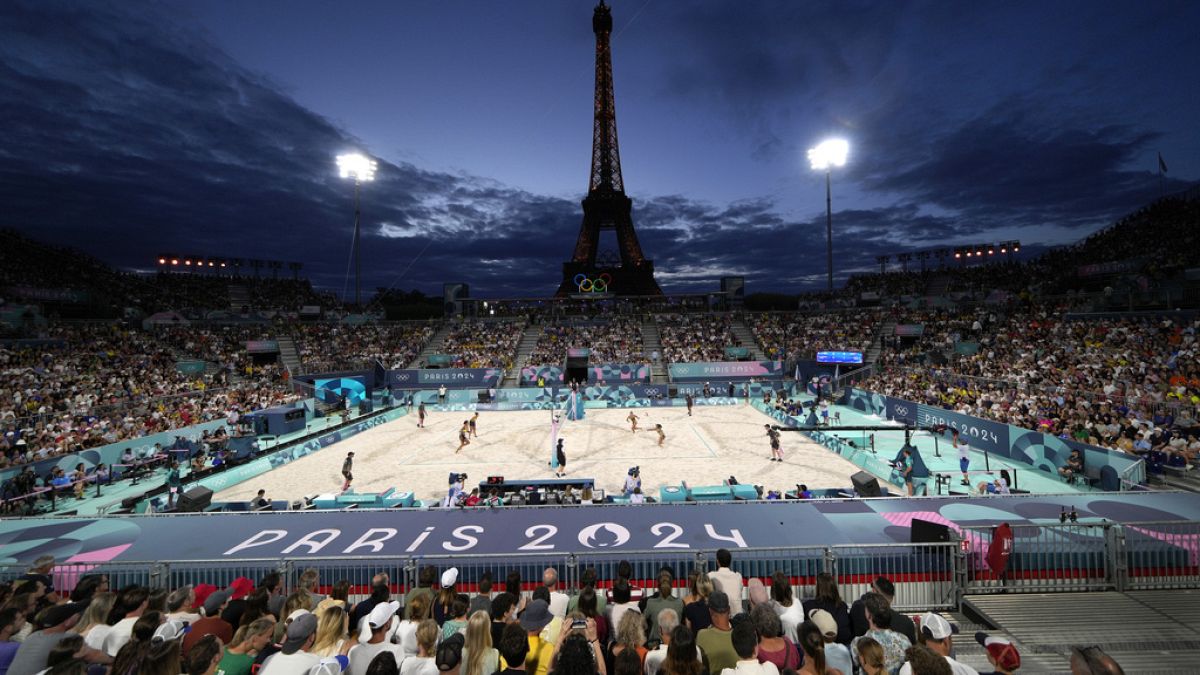From energy to reused infrastructure to vegetable-friendly menus, the 2024 Paris Olympics organising committee orchestrated this year's event with their own flavour.
After 15 official days of competition, spanning 300 events and over 10,500 athletes, the 2024 Summer Paris Olympics will come to a close on Saturday.
Thousands of patrons will return to their respective homes across the world and the legacy of this iteration's four-yearly sporting extravaganza will be pulled apart and analysed.
The Olympics made headlines this year when it was revealed the athletes would eat a menu predominantly centred around vegetarian- and vegan-friendly meals catered by French company Sodexo Live! at the 3,500-seater Athletes Village.
According to the International Organising Committee, this fits in with the Paris 2024 strategy that aims to halve the carbon footprint of catering services.
Hence the estimated 40,000 meals made with energy-friendly agricultural fare, such as legumes, vegetables and fruit and predominantly French produce, the organisation states online.
The Games' environmental commitment went further when organisers revealed they would do something new in the event's 128-year history — power the event with already-existing local energy infrastructure, rather than relying on diesel-guzzling generators.
They decided to only have generators as a back up if the energy systems failed. "Following the Games, these new connections will benefit other events as well, helping reduce the sector’s carbon emissions," the Olympics website states.
Organisers of the Paris Olympics said they relied solely on renewable electricity powered by six wind farms and two solar farms facilitated through state utility EDF.
The shift away from diesel is already having an impact, with French media reporting that organisers of the 2024 Los Angeles Olympics were mulling a similar energy policy.
The 2024 Paris Olympics is also being lauded for not needing to build a significant amount of bespoke sporting infrastructure, but reusing and recycling 95% of existing sporting facilities.
Economic forecasting by financial company S&P Global Ratings estimates this year's Olympics is the most budget-friendly iteration of the event in two decades, costing costing 8.9 billion euros.
Large-scale events can often burden a host city or country, but Paris already had most of the required infrastructure: 95 percent of its Olympic venues were already in place, required limited refurbishing, with others temporarily constructed.












